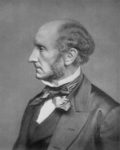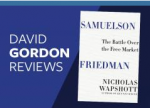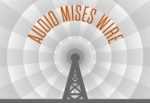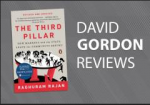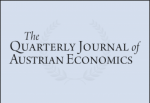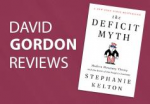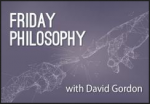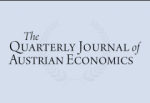[The Struggle for Liberty: A Libertarian History of Political Thought by Ralph Raico. Edited by Ryan McMaken. Ludwig von Mises Institute, 2025; 287 pp.]Ralph Raico was the foremost historian of classical liberalism and one of Murray Rothbard’s closest followers. In 2004, he gave a series of ten lectures at the Ludwig von Mises Institute that were very well received, but the lectures were never printed. We have Ryan McMaken to thank for making them available, and in doing so, he has performed an immense task. He has converted a transcript of the videos into a book and added footnotes that give the sources to which Raico referred when he spoke. Often this has involved arduous and skilled detective work on his part. Though the lectures often repeat themes that readers of Raico will recognize,
Read More »2025-03-28










































